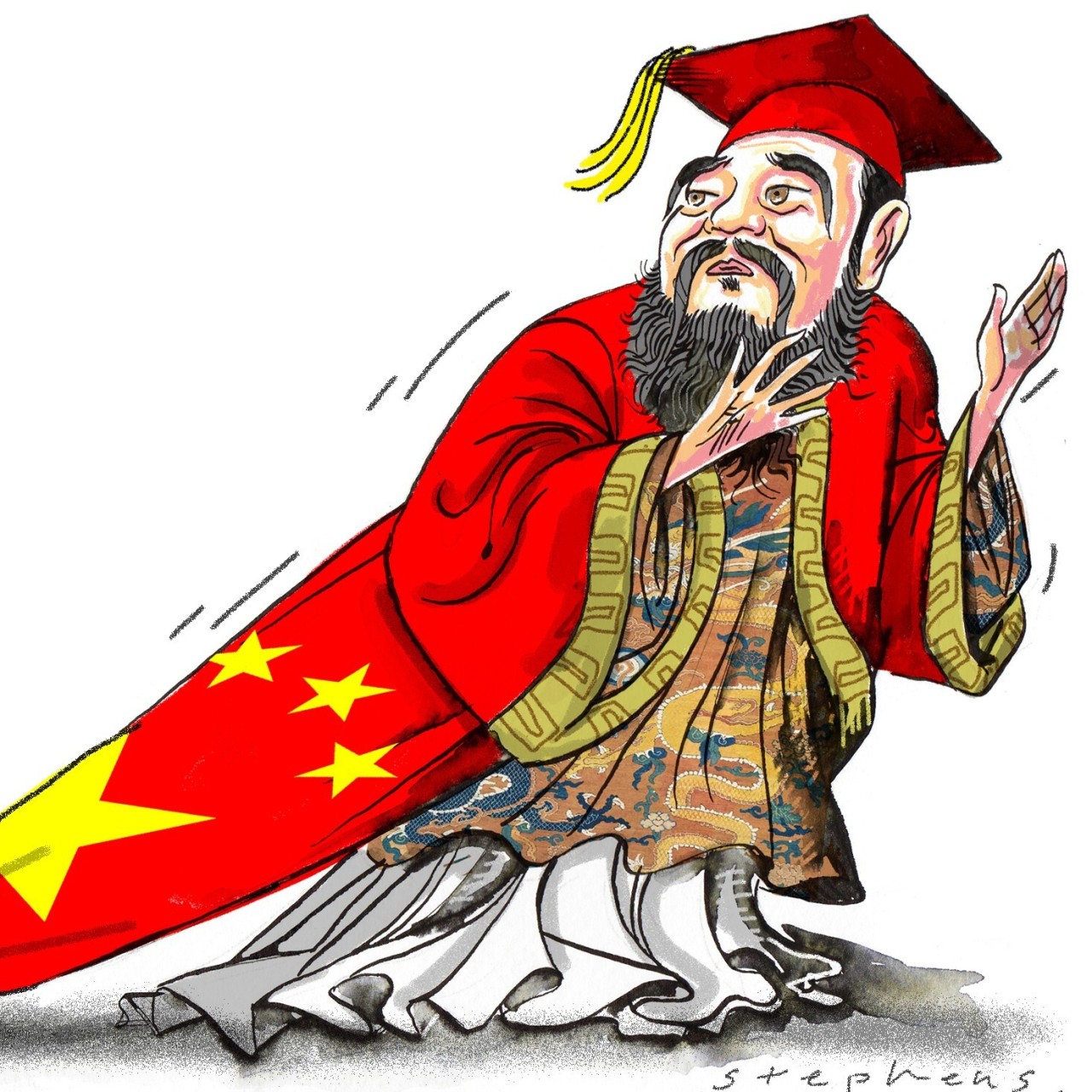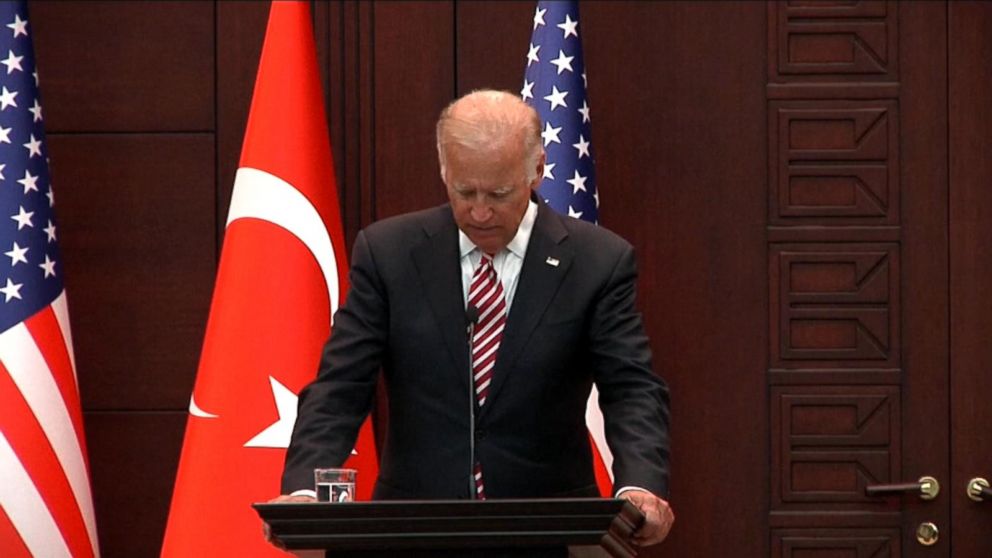
US Has Become the Most Small-Minded Superpower
The U.S. has been creating trouble for the Confucius Institutes for a long time, but previously did so in a limited and selective way. Mainly, that meant certain members of Congress pushed for the suppression and prohibition of specific Institutes within their districts. But this blanket evaluation by the U.S. government could very well have a widespread and long-term impact.
This labeling of the Confucius Institutes as "foreign missions" takes place within the context of the recent attack against Chinese media organizations in the U.S. and the closure of the Chinese Consulate in Houston. It is another step in the trend of decoupling between the U.S. and China in the area of cultural exchange. At the same time, it creates conflict between the U.S. and China that will maintain the tense atmosphere between the two, something which serves opportunistic motives with respect to the general election. We can predict that the U.S. government will stir up more U.S.-China conflict good for spreading propaganda and building support before the election, and creating an overall atmosphere that helps the Trump administration shift blame to China.
This attack on the Confucius Institutes is a classic example of the United States' oversensitivity and its need to politicize everything. The reason that the Institutes have developed best in the United States is because there is great demand for them in the community there. The Confucius Institutes help Americans learn Chinese and understand the foundations of Chinese culture, a goal that aligns with the aspirations of an increasing number of Americans. China sends teachers and volunteers, and supplies teaching materials; American schools provide classroom and office space. This is the model that the Institutes currently use all over the world.
Some of the American political elite have made a terrible fuss about what they call the Confucius Institutes' infiltration of the U.S. and their destruction of freedom of speech, which comes as a great surprise to Chinese people. Is teaching Americans to speak Chinese, sing Chinese songs, make dumplings and practice Tai Chi now "infiltration?” Does it undermine American freedom of speech to refrain from unscrupulously condemning China in the Institute classrooms that China pays for?
Nearly all of the Confucius Institutes in the United States were opened at the invitation of American universities. The rapid development of these Institutes reflects the fact that economic, trade and cultural exchanges have grown explosively in the past few years between the two countries. If China is considering anything beyond education by supporting the addition of Confucius Institutes in the U.S., it is merely to cultivate a favorable impression of China within American society and create a more positive public atmosphere in which to promote the healthy development of the relationship between the two countries.
What is there to be ashamed of? Isn't this a huge sign of good will from China with regard to relationship between it and the United States? The majority of governments around the world would not oppose a foreign organization that came to cultivate friendship in their country. Even if there were ideological concerns, they would make moderate adjustments in order to achieve a desirable balance.
The U.S. is behaving like the most small-minded of world powers. The Confucius Institutes have opened branches in many Western countries, but only the United States, the global superpower, feels threatened. Where is America's self-confidence? Where is its cultural tolerance?
Chinese people have always thought that the U.S. had the exceptional openness and tolerance for diversity that the large and powerful possess, but nowadays this expectation has been constantly upended. The defensive mentality of the United States is stronger than China's in many respects, like it is in the telecommunications field. If we were on as high an alert as the U.S., then we could forget about China's progress; we'd be too scared to even sleep. Besides, China has had such thorough contact with American culture; how could we even live?
China's reform and opening up has brought countless elements of American culture to the country, but now Washington wants to settle up with Beijing and discuss "reciprocity." When Americans burn paper money for the Qingming festival, when young people celebrate Chinese Valentine's Day and deep-fried dough cakes are sold in the streets, and when people become obsessed with Beijing mung bean milk, then come talk to China about reciprocity.
While Secretary of State Mike Pompeo scurried about visiting Central and Eastern Europe to further advocate on behalf of an anti-Chinese camp, the State Department which he heads gave the Confucius Institutes a new label. Pompeo really seems to have made promoting a new cold war into his own personal cause. Perhaps he hopes that an account of "Pompeo's cold war" will be recorded in future history books. Yet his actions and behavior are driving him onto the wrong side of history, and history will reward him only with infamy.


